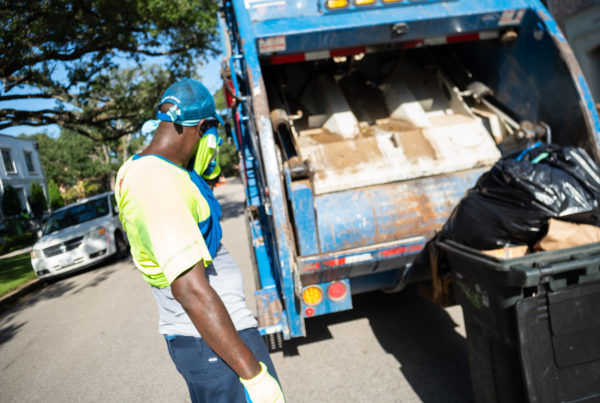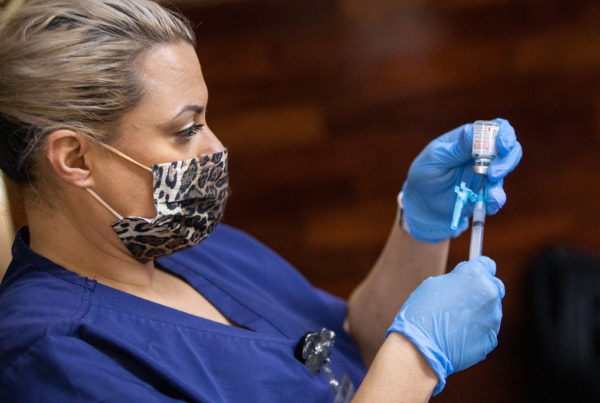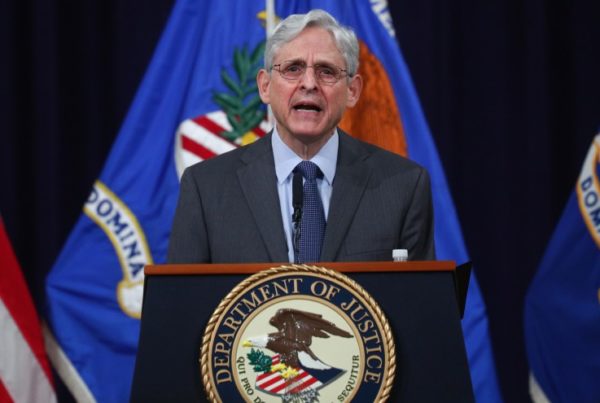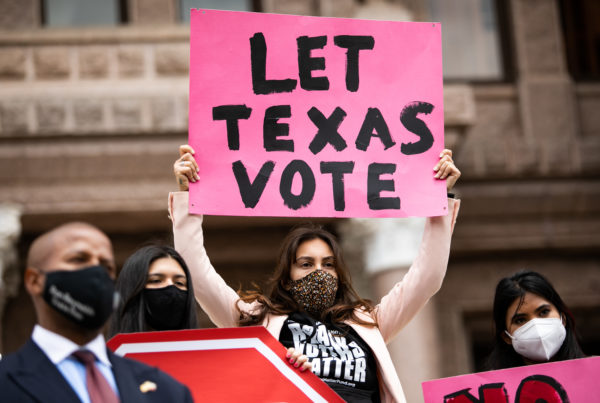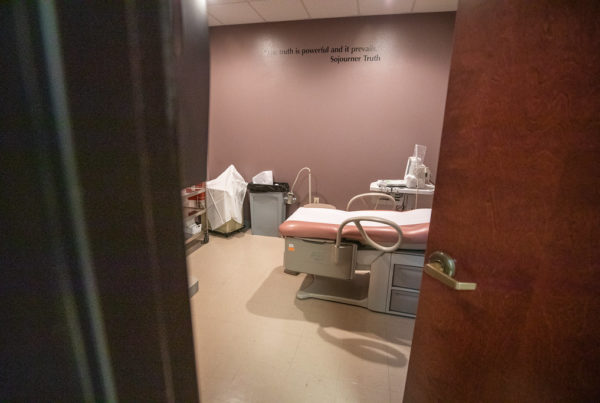The energy industry is constantly innovating to produce and sell more fuel and electricity to a growing population, focusing on what has been dubbed “digital transformation” — increasing the use of technology to improve efficiency.
While Houston does have the resources to train and reskill workers, a recent industry survey from consulting firm Ernst & Young shows company culture could get in the way of upskilling current workers.
The firm heard from nearly 160 executives from a wide range of power and utility companies, according to report author Ryan Levine.
“We found that nearly all, close to 94 percent of executives, actually said that their companies need to invest in the technology and the workforce to actually support their organization right now to deal with this transition,” Levine said.
He pointed out that the majority of respondents cited employee mindset and organizational culture as barriers to re-skilling their workforce.
“When you think about a utility specifically, its culture is grounded in solving complex engineering problems,” Levine said. “That workforce is incentivized to just maintain energy, reliability and safety, as opposed to thinking of things from a culture of digital innovation that’s actually incentivized to transform how work is completed with greater digital mechanisms that enable employees to serve their customers and communities differently.”
Overall, Ernst & Young found that 89% of survey respondents said they have too few workers with the right skills.
That’s a problem because Houston’s energy workforce has already faced staggering cuts over the past couple years. More so, the jobs that do remain are changing faster than the workers themselves.
Houston institutions like Lone Star College are working to address the gap by offering training in advanced technical skills that energy companies say they need the most.
“The core of what we do is we train students with highly hands-on type of skills training,” said Kimberly Hubbard, instructional dean at Lone Star’s Westway Park Technology Center. “Once a student finishes one of those programs or all of those programs, they are ready for the workforce.”
Hubbard said all of their Information Technology programs prepare students for industry certification exams. In addition to that, Hubbard said the college works with the community to identify what skills and programs are most needed.
“We don’t do anything without involvement from our industry partners,” Hubbard said. “As a matter of fact, that is how we develop our programs. We meet with industry partners at least twice a year and we talk about what their needs are.”
Upskill Houston is also working to help bridge the skill gap. The initiative — created by the Greater Houston Partnership — is meant to connect employers, educators, and community leaders to address challenges with upskilling the workforce.
“What we’re seeing is a trend by many employers to actually rethink how they up-skill and re-skill their existing workforces because it’s cost effective,” said Peter Beard, leader of Upskill Houston. “There’s a high return on the investment when they do that.”
Beard said digital transformation goes hand in hand with the shift to clean energy, which in turn means even more demand for advanced technical skills as well as common skills — like the ability to communicate, problem solve, and collaborate with others.
Kimberly Hubbard with Lone Star College said the need for those common skills has been a constant during her 20 years at Lone Star College — skills that help workers adapt to change, like incorporating more digital and technical systems — and skills that could help companies tackle those cultural barriers to digital transformation.
“We’re hearing, and always have heard, the (need for) core skills, including the soft skills — being able to speak with anyone, being able to work with different individuals, teamwork,” Hubbard said.




